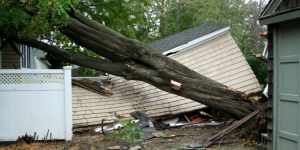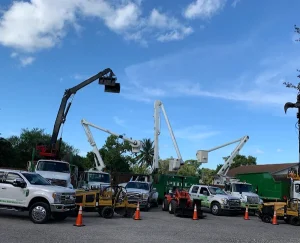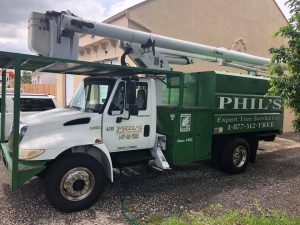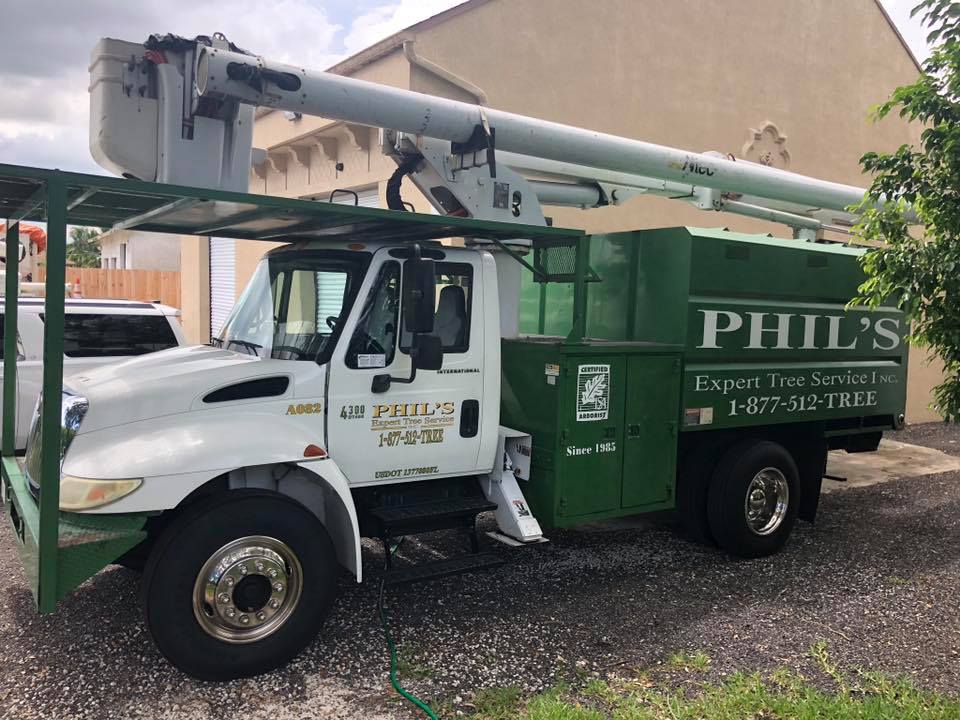1. Expert Knowledge of Tree Health
An experienced arborist can diagnose diseases, pest infestations, or nutrient deficiencies in trees. They understand the local environment and the specific needs of various tree species, providing treatments that promote long-term health.
2. Proper Pruning and Maintenance
Arborists are skilled in pruning trees to encourage healthy growth, reduce the risk of falling branches, and improve overall tree structure. Proper pruning can also enhance the aesthetic appeal of trees.
3. Safety
Tree care can be dangerous, especially when it involves large trees, power lines, or unstable branches. An experienced arborist is trained to handle such risks using proper equipment and techniques to prevent accidents and property damage.
4. Tree Removal Expertise
If a tree is dead, diseased, or posing a hazard, an arborist has the knowledge and equipment to remove it safely. This prevents harm to people, nearby property, or other trees.
5. Preventative Care
Arborists can provide preventative care plans to ensure that your trees remain healthy. Regular inspections can catch early signs of problems before they become serious, saving time and money in the long run.
6. Consultation and Planting Advice
An arborist can help select the right trees for your property, taking into account the local climate, soil conditions, and space. They can also advise on proper planting techniques to ensure the trees thrive.




